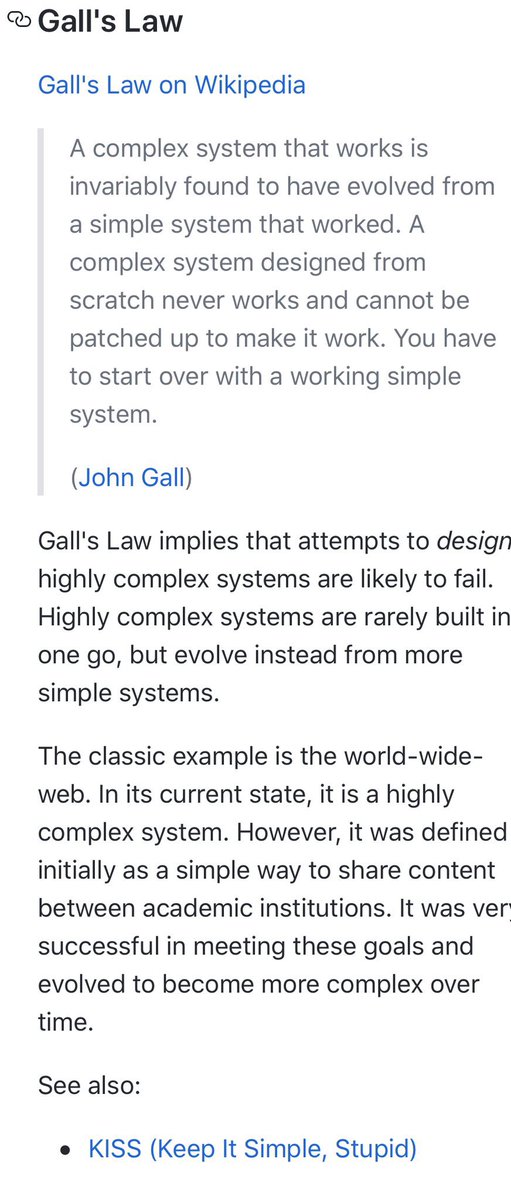
I post a lot of academic articles, but less than 0.5% of viewers click to read the papers. If you want to understand more, here is how to read:
📊A social science paper: icpsr.umich.edu/files/instruct…
⚖️A legal opinion: papers.ssrn.com/sol3/papers.cf…
⚕️A medical paper: bmj.com/about-bmj/reso…


📊A social science paper: icpsr.umich.edu/files/instruct…
⚖️A legal opinion: papers.ssrn.com/sol3/papers.cf…
⚕️A medical paper: bmj.com/about-bmj/reso…



A useful overview of how to assess academic papers, generally 👇 
https://twitter.com/sol_orwell/status/1426540401670950912

One key distinction in reading academic work is whether a paper can make causal claims - that can it show that changing one thing will definitely change another? “Correlation isn’t causation” is not actually a useful rule to figure this out, this thread has more 👇
https://twitter.com/emollick/status/1399574610966941696
Many academic articles are paywalled (I usually don’t post a link if an article is only available for 💵), but it is often possible to find a open copy. Here’s a guide to some ways that can help: jaranta.github.io/getting-access…
And a discussion of open access; sciencemag.org/news/2021/01/n…
And a discussion of open access; sciencemag.org/news/2021/01/n…

• • •
Missing some Tweet in this thread? You can try to
force a refresh



















